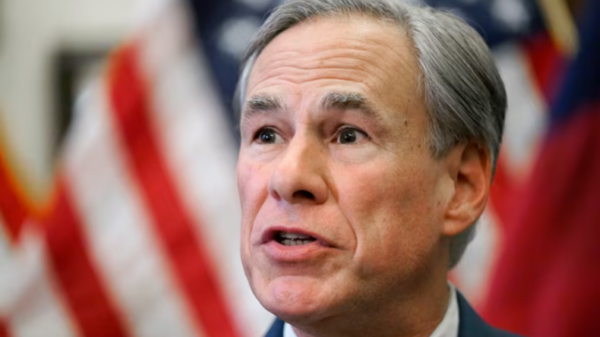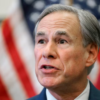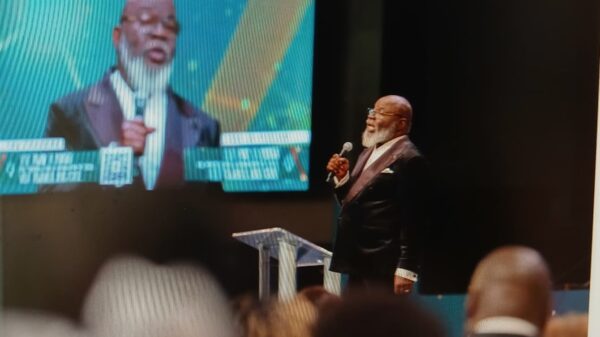A report on Dallas’ comprehensive housing policy says despite historic city practices that discriminated against mostly Black and Latino residents, the plan has no strategies to decrease lingering impacts.

A Dallas policy that is supposed to tackle affordable housing shortages doesn’t do enough to address systemic racial and economic barriers residents face, according to a new report.
The city’s 3-year-old comprehensive housing policy doesn’t acknowledge historic city practices, such as redlining and eminent domain that displaced Black and Latino residents from their homes and excluded many of them from areas with better housing and economic opportunities, according to the report from TDA Consulting.
The City Council approved the comprehensive housing policy in 2018 to address a shortage of about 20,000 affordable housing units and to break up concentrations of poverty and segregation in the city.
Council member Casey Thomas, who heads the council’s housing and homeless solutions committee, called for a review of the policy in January to determine if it was racially equitable. It was his first order after being appointed chair of the committee by Mayor Eric Johnson.
Thomas said he asked for the housing policy to be evaluated to see if it took into account the city’s residents of color. He said he was surprised that the report called for the city to acknowledge past discriminatory housing practices in the policy, which he agrees with.
Thomas said next steps include announcing community meetings in January to get public feedback on the report and recommendations, and suggested policy changes for the City Council to consider in April.
“It’s time for the city of Dallas to be intentional about addressing racial equity,” he said. “Addressing the housing policy is one of the first steps of a bigger plan.”
City officials are working on a citywide racial equity plan, meant to create a variety of goals to eliminate racial disparities in economic development, public safety and other areas. The plan is currently scheduled to be finished and released next summer.
The city’s housing policy, according to the report, is full of defensive plays but almost no offensive ones.
“As currently written and structured, the [policy] represents a better guide to compliance with federal, state and local regulations than it does an outline of strategies for changing the affordable housing status quo,” the report said.
The housing policy doesn’t have direct goals to decrease racial disparities or ways for city officials and the public to measure its effectiveness, the report found. It also lacks plans to deal with specific housing barriers impacting different areas of Dallas.
Among the data in the report is a graphic showing maps of Dallas illustrating that the highest property values in the city are in the mostly white northern areas of the city and the lowest are in primarily Black southern neighborhoods.
The audit listed 11 recommendations to make the policy more equitable, including the city articulating how racial and geographic affordable housing disparities will be decreased and how city programs will incorporate community-based and private developers to do it.
The report also calls for a dedicated way to raise enough money for the city to hit its affordable housing creation goals. It mentions that Dallas in fall 2020 approved $58 million in its budget toward housing development compared to $90 million in Austin and almost $82 million in Seattle.
This year, Dallas housing programs got about $40 million, around half from federal stimulus money.
“For Dallas to achieve its equity and affordable housing goals, it needs to reverse this trend and substantially increase its investment and set aside significant dollars for community revitalization,” the report said.
The policy doesn’t say how the city will overcome lingering impacts that affect equitable access to affordable housing today, according to the report. Recommendations include noting Dallas’ past practices in the policy itself and laying out plans on how to break down barriers for residents of color.
The report also calls for changing city programs to prevent displacement of long-time residents and for the city to spark moreaffordable housing development in wealthy neighborhoods.









You must be logged in to post a comment Login